Navigating the intricate world of international shipping can be challenging, especially when importing goods from China to Tanzania. With the rapidly evolving trade relations between these two nations, it has become increasingly important for businesses to understand the shipping landscape, methods, and regulatory requirements involved. This guide delves into the key aspects of shipping from China to Tanzania, focusing on efficient logistics solutions, the roles of freight forwarders, customs clearance processes, and the factors influencing shipping costs. Whether you are a seasoned trader or a newcomer to international business, this comprehensive overview will equip you with the knowledge needed to streamline your shipping operations and optimize your import experience.
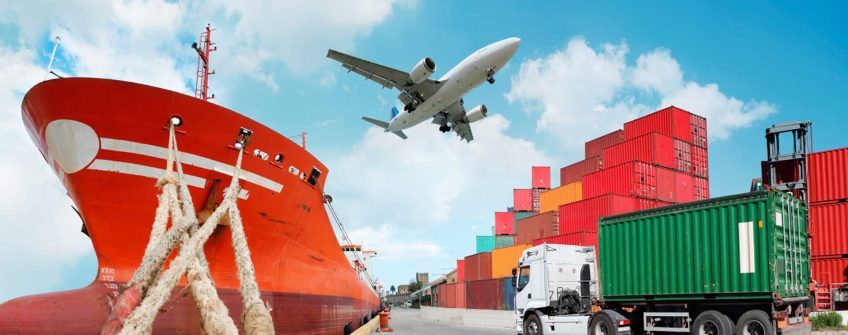
Understanding the Shipping Landscape from China to Tanzania
Overview of Trade Relations Between China and Tanzania
The trade relationship between China and Tanzania has evolved significantly over the past two decades, positioning Tanzania as a key partner in China’s broader strategy within Africa. Trade volumes between both nations have surged, with China emerging as Tanzania’s largest trading partner. According to the Tanzania National Bureau of Statistics, the trade between China and Tanzania reached approximately $8.7 billion in 2023, showcasing a steady upward trajectory.
This partnership is catalyzed by initiatives such as the Belt and Road Initiative, which facilitates infrastructure development and trade connectivity. Chinese investments in Tanzania span multiple sectors, including infrastructure, energy, and agriculture. This growing economic collaboration underscores the need for efficient logistics and shipping solutions that can handle the increasing volume of imports and exports.
Importance of Efficient Shipping Solutions
In today’s global marketplace, having a reliable and efficient shipping solution is paramount for businesses that import goods from China to Tanzania. As more companies look to capitalize on trade opportunities, the demand for streamlined logistics has never been higher. Efficient shipping not only reduces costs but also ensures that products reach their destination on time, which is crucial for maintaining competitive advantage.
Efficient shipping solutions can significantly impact lead times and inventory management, allowing businesses to respond more quickly to market demands. Moreover, utilizing logistics providers that offer comprehensive services—including customs clearance, warehouse services, and insurance services—can enhance operational efficiency, reducing time and efforts involved in complex international transactions.
Types of Shipping Methods from China to Tanzania
Sea Freight vs. Air Freight
When it comes to shipping goods from China to Tanzania, businesses typically choose between sea freight and air freight, each having its own benefits and drawbacks.
| Shipping Method | Advantages | Disadvantages |
|---|---|---|
| Sea Freight | Cost-effective for large volumes | Longer transit times |
| Suitable for bulky items | More complex customs processes | |
| Air Freight | Faster delivery | Higher shipping costs |
| Ideal for perishable goods | Weight restrictions for cargo |
Sea Freight: This method is generally favored for bulk shipments due to its affordability. It is especially beneficial for businesses looking to import large quantities of goods, such as machinery or consumer products. However, the transit times can be significantly longer, typically taking between 30 to 45 days depending on the shipping route and port congestion.
Air Freight: This option is preferred for time-sensitive deliveries, particularly when businesses need to receive goods quickly. Despite the higher costs associated with air freight, its reliability and speed make it an attractive choice for critical shipments, especially for high-value or perishable items.
Full Container Load (FCL) vs. Less than Container Load (LCL)
When deciding between Full Container Load (FCL) and Less than Container Load (LCL), businesses must assess their shipping volume and budget.
| Shipping Method | Ideal For | Cost Efficiency |
|---|---|---|
| FCL | Large shipments over 15 cubic meters | More economical for bulk shipments |
| Reduced risk of cargo damage | Fixed costs regardless of volume | |
| LCL | Smaller shipments under 15 cubic meters | Economical for smaller volumes |
| Flexible space sharing | Potentially higher per cubic meter cost |
FCL: This method is ideal for businesses that can fill an entire shipping container. FCL offers the advantage of lower per-unit costs due to fixed shipping rates and reduced risk of cargo damage, as the container is solely dedicated to one shipper’s goods.
LCL: For businesses that do not require an entire container, LCL allows them to share space, which can be more cost-effective for smaller volumes. However, LCL shipments can be subject to higher freight rates per cubic meter and may take longer due to additional handling and consolidation processes.
Door-to-Door Shipping Services
Door-to-door shipping services are a comprehensive solution that facilitates the transfer of goods from the seller’s location in China directly to the buyer’s destination in Tanzania. This approach simplifies the shipping process by encompassing every phase of the logistics chain, including pickup, packaging, customs clearance, and final delivery.
Benefits of Door-to-Door Services:
- Convenience: Reduces the complexity for the importer by handling all logistics-related tasks.
- Time-saving: Minimizes the time spent by businesses coordinating between multiple suppliers and carriers.
- Cost-effective: Provides a clear overview of total shipping costs upfront, which can help in budgeting and financial planning.
Dantful International Logistics offers door-to-door shipping services that are tailored for global traders. By leveraging our expertise, clients can ensure that their goods are transported efficiently, safely, and within their desired timeframe. Companies looking to optimize their shipping processes from China to Tanzania can benefit from Dantful’s comprehensive logistics solutions, which include customs clearance, warehouse services, and insurance services.
READ MORE:
- Shipping From China To Algeria
- Shipping From China To Angola
- Shipping From China To Morocco
- Shipping From China To Nigeria
- Shipping From China To Kenya
- Shipping From China To Tanzania
- Shipping From China To South Africa
Key Factors Influencing Shipping Costs
Understanding the key factors influencing shipping costs is essential for businesses engaged in international trade, particularly when importing goods from China to Tanzania. Various components contribute to the overall freight expenses, and recognizing these can help businesses make informed decisions when selecting shipping methods and logistics partners.
Breakdown of Freight Costs
Freight costs typically comprise several elements, each playing a pivotal role in determining the overall shipping expenses. Below is a detailed breakdown of these costs:
| Cost Component | Description |
|---|---|
| Base Freight Rate | The primary charge for transporting goods, determined by the method of shipping (air or sea), weight, and volume. |
| Fuel Surcharge | An additional charge that fluctuates with fuel prices. It is applied to account for the volatility in fuel costs. |
| Security Fees | Fees imposed to ensure compliance with safety regulations, reflecting the costs of securing cargo during transit. |
| Terminal Handling Fees | Charges incurred for loading and unloading cargo at ports or airports. These fees can vary based on the port of origin and destination. |
| Documentation Fees | Costs associated with preparing and processing shipping documents, including bills of lading and customs paperwork. |
| Insurance Premiums | Optional costs for insuring goods against potential loss or damage during transit, providing peace of mind for valuable shipments. |
| Customs Clearance Fees | Charges for processing goods through customs, including duties and taxes applicable in Tanzania. |
Each of these components warrants careful consideration, as they can vary significantly based on factors such as shipment size, destination, and the logistics provider chosen.
Hidden Fees in International Shipping
In addition to the visible costs associated with shipping, hidden fees can substantially inflate the overall expenses. Businesses should remain vigilant about these potential costs:
Demurrage and Detention Fees: These charges occur when containers are held at the port beyond the free time period allowed by the shipping line. Businesses may unknowingly incur fees if they are not prepared for timely pickup.
Brokerage Fees: If using a customs broker to facilitate the clearance of goods through customs, these fees can add unexpected costs. It is essential to understand the broker’s fee structure beforehand.
Port Congestion Charges: In instances of high traffic at ports, additional fees may be levied to manage delays. This can particularly affect deliveries scheduled during peak seasons.
Currency Conversion Fees: If payments are made in different currencies, the associated conversion costs can add up and affect the overall logistics budget.
Awareness of these hidden fees allows businesses to better estimate total costs involved and choose logistics partners, such as Dantful International Logistics, who are transparent about their pricing structures.
Major Ports and Routes for Shipping from China to Tanzania
Shipping from China to Tanzania requires understanding the major ports involved in the process, as they play a pivotal role in the efficiency and effectiveness of international logistics.
Key Chinese Ports for Exporting Goods
Several ports in China serve as primary export hubs for shipments headed to Tanzania. The following are key ports to consider:
| Port | Location | Features |
|---|---|---|
| Shanghai | Eastern China | One of the busiest ports globally, offering extensive shipping line options and facilities. |
| Shenzhen | Southern China | Known for quick turnaround times and proximity to manufacturing regions. |
| Ningbo | Eastern China | Features modern infrastructure and a growing number of international shipping routes. |
| Guangzhou | Southern China | A key export hub with multiple shipping services, especially beneficial for bulk and containerized cargo. |
These ports offer robust logistics capabilities, facilitating easy access to international shipping services tailored for businesses importing goods to Tanzania.
Overview of Tanzanian Ports
Upon arriving in Tanzania, goods typically enter through one of several major ports. Understanding these ports is critical for determining logistics and delivery options:
| Port | Location | Features |
|---|---|---|
| Dar es Salaam | Southern Tanzania | The largest port in Tanzania, handling about 90% of the country’s cargo, with extensive facilities for container shipping. |
| Mtwara | Southern Tanzania | A growing port, primarily focusing on regional trade and offering opportunities for expanding logistics capabilities. |
| Tanga | Northeastern Tanzania | Smaller port, ideal for lighter cargo and direct shipments to nearby regions, providing an alternative to Dar es Salaam. |
Each of these ports presents businesses with unique opportunities and challenges, making it essential to select the right port based on shipment type, costs, and destination in Tanzania. Dantful International Logistics specializes in providing tailored advice and services to navigate these logistics challenges, ensuring a smooth shipping process from China to Tanzania.
As businesses consider their options for international shipping, leveraging the expertise of a professional logistics provider like Dantful can lead to optimized shipping strategies, reduced costs, and improved operational efficiency.
You may be interested in the following related articles:
- Shipping From China To Mauritius
- Shipping From China To Gambia
- Shipping From China To Sierra Leone
- Shipping From China To Rwanda
- Shipping From China To Malawi
The Role of Freight Forwarders in the Shipping Process
Freight forwarders play a crucial role in the international shipping process, serving as intermediaries between exporters and importers. Their expertise and comprehensive services streamline logistics, ensuring that goods are transported efficiently and compliantly.
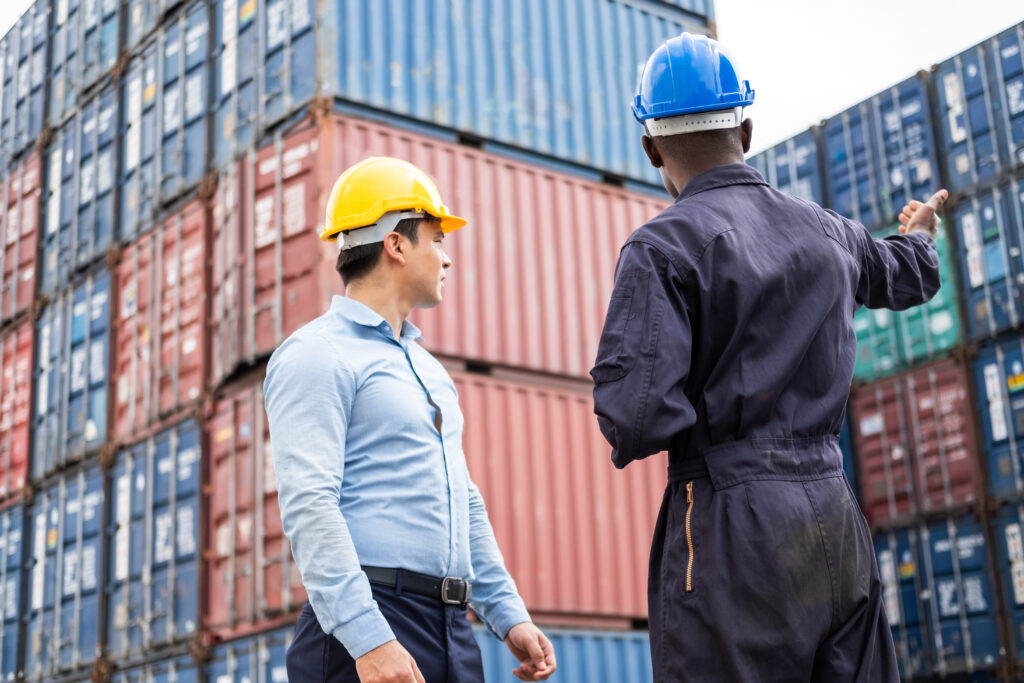
How Freight Forwarders Simplify International Shipping
Freight forwarders provide a range of services that simplify the complexities of international shipping. Here are some key ways they assist businesses:
Consolidation of Shipments: Freight forwarders can consolidate multiple smaller shipments into a single larger shipment, reducing costs and improving efficiency. This is particularly beneficial for businesses that do not have enough volume to fill a full container.
Expertise in Shipping Routes: With extensive knowledge of global shipping routes, freight forwarders can recommend the best transportation methods, whether by sea freight or air freight, optimizing for cost and time.
Customs Clearance Assistance: Navigating the intricacies of customs regulations can be daunting. Freight forwarders handle customs paperwork and ensure compliance with local and international regulations, minimizing delays and potential fines.
Coordination of Logistics: Freight forwarders manage the entire supply chain process, coordinating with carriers, suppliers, and customs authorities. This reduces the burden on businesses and allows them to focus on core operations.
Insurance Services: Many freight forwarders offer insurance services to protect goods during transit. This provides peace of mind for businesses importing valuable or fragile items.
Choosing a reliable freight forwarder is essential for companies looking to simplify their shipping processes, reduce costs, and ensure timely delivery.
Choosing the Right Freight Forwarder
Selecting the appropriate freight forwarder requires careful consideration of several factors:
Industry Expertise: Look for a freight forwarder with experience in your specific industry. Knowledge of sector-specific regulations and challenges can greatly enhance the shipping process.
Service Range: Ensure the freight forwarder offers a comprehensive suite of services, including customs clearance, warehouse services, and door-to-door shipping. A one-stop provider can simplify logistics and improve efficiency.
Global Network: A freight forwarder with a strong global network can provide better shipping rates and more options for routes and carriers. This can be particularly beneficial when dealing with international regulations.
Reputation and Reliability: Research the freight forwarder’s reputation in the industry. Customer reviews and case studies can offer insights into their reliability, service quality, and response times.
Technology and Tracking Capabilities: A forwarder that utilizes advanced technology for tracking shipments and managing documentation can offer greater visibility and control over the shipping process.
By carefully evaluating these factors, businesses can select a freight forwarder that meets their specific shipping needs, enabling smoother operations and successful international trade.
Customs Clearance and Regulatory Compliance
Customs clearance is a critical step in the shipping process that ensures goods meet the necessary regulations before entering or leaving a country. Understanding customs regulations and compliance is essential for businesses engaged in international trade, particularly between China and Tanzania.
Understanding Customs Regulations in China and Tanzania
Each country has its own set of customs regulations that govern what can be imported or exported. In China, the customs process is managed by the General Administration of Customs, which enforces strict regulations concerning the export of goods. In Tanzania, the Tanzania Revenue Authority handles customs activities, ensuring compliance with local laws.
China Customs Regulations: Exporters must adhere to various regulations, including product safety standards, export permits, and documentation requirements. Non-compliance can lead to delays, fines, or the seizure of goods.
Tanzanian Customs Regulations: Importers in Tanzania must understand tariffs, taxes, and import quotas. Additionally, certain goods may be subject to additional inspections or specific import licenses, particularly in sectors such as pharmaceuticals and food products.
It is vital for businesses to stay informed about the evolving regulatory landscape in both countries, as changes can impact shipping timelines and costs.
Essential Documentation for Smooth Customs Clearance
Successful customs clearance requires the preparation of various documents, including:
Commercial Invoice: This document details the transaction, including the description of goods, quantity, and price. It is crucial for customs officers to assess the value of goods for duty calculation.
Bill of Lading (B/L): A receipt issued by the carrier, the bill of lading serves as proof of shipment and outlines the terms of transportation.
Packing List: This document provides a detailed list of the items being shipped, including weights and dimensions, assisting customs in inspecting the shipment.
Certificate of Origin: This verifies the country of origin of the goods and may be required to determine eligibility for preferential tariffs.
Import/Export Permits: Certain goods may require special permits from relevant authorities in either China or Tanzania.
Ensuring that all documentation is complete and accurate can significantly reduce the risk of delays during the customs clearance process.
Common Challenges and Solutions in Customs Processes
Navigating customs processes can present several challenges. Businesses should be aware of these potential issues and the strategies to address them:
Documentation Errors: Incomplete or incorrect documentation can lead to delays or rejection of shipments. To mitigate this risk, businesses should establish a checklist of required documents and consider consulting with experienced customs brokers.
Tariff Classification Issues: Misclassification of goods can result in unexpected duties, fines, or delays. Companies should work with knowledgeable partners to ensure accurate tariff classification based on the latest customs regulations.
Customs Inspections: Random inspections can lead to delays in shipment release. To prepare, importers should maintain organized records and documentation to facilitate a quick response during inspections.
Changes in Regulations: Frequent changes to customs laws can create compliance challenges. Staying informed through industry news, customs authorities, and professional associations can help businesses adapt promptly.
By understanding customs regulations, preparing essential documentation, and addressing common challenges proactively, businesses can ensure smoother customs clearance and facilitate efficient shipping processes. Dantful International Logistics is well-equipped to guide businesses through these complexities, providing the expertise and resources necessary for successful international trade.

Young Chiu is a seasoned logistics expert with over 15 years of experience in international freight forwarding and supply chain management. As CEO of Dantful International Logistics, Young is dedicated to providing valuable insights and practical advice to businesses navigating the complexities of global shipping.


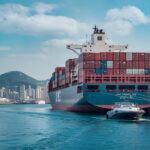

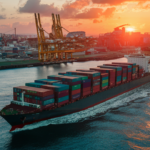



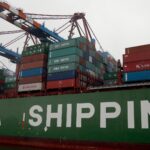


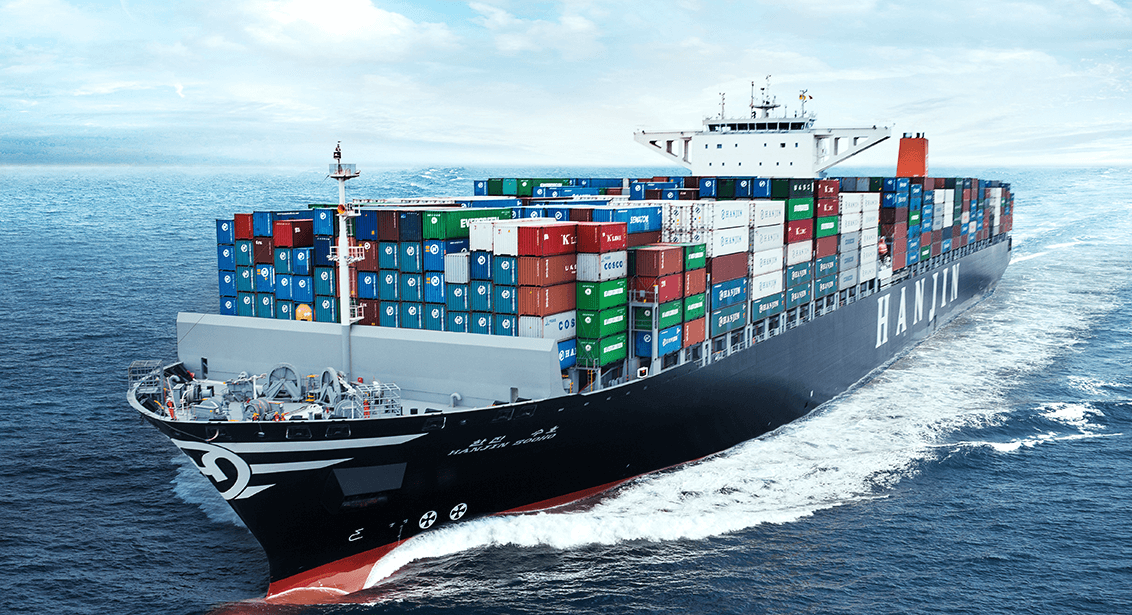
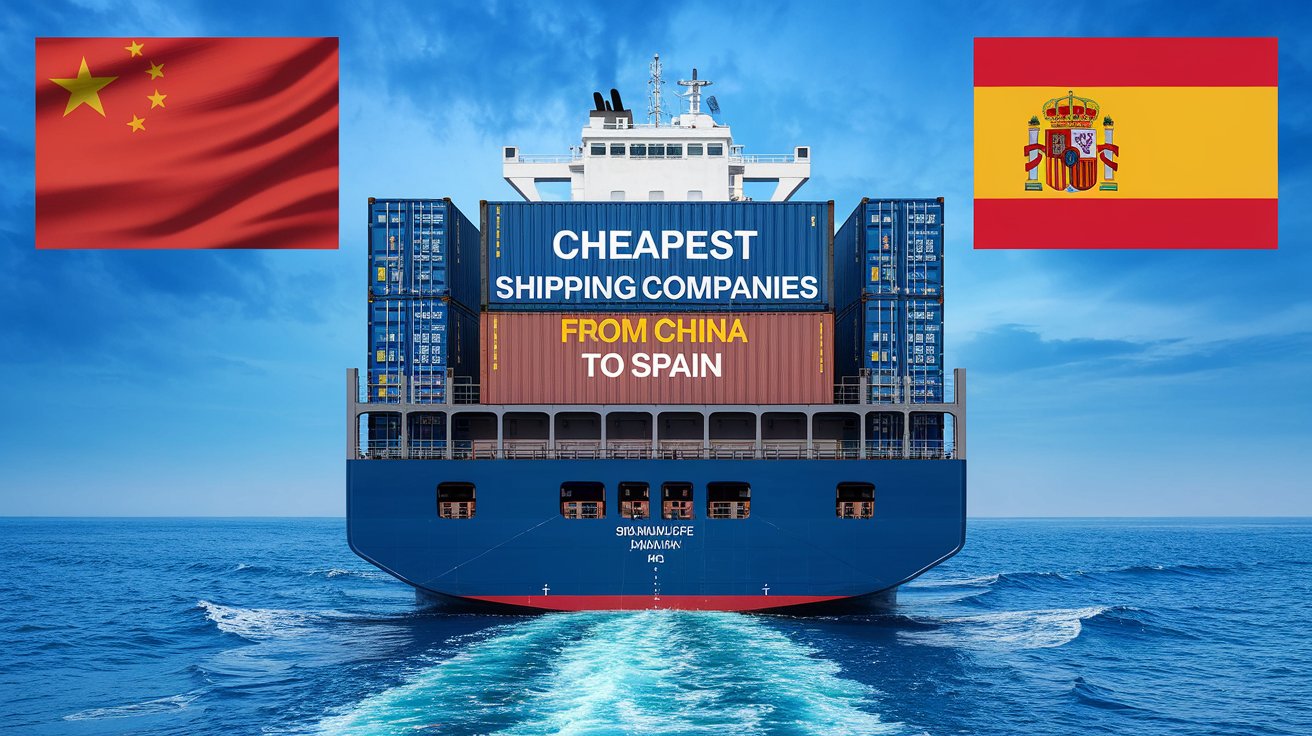
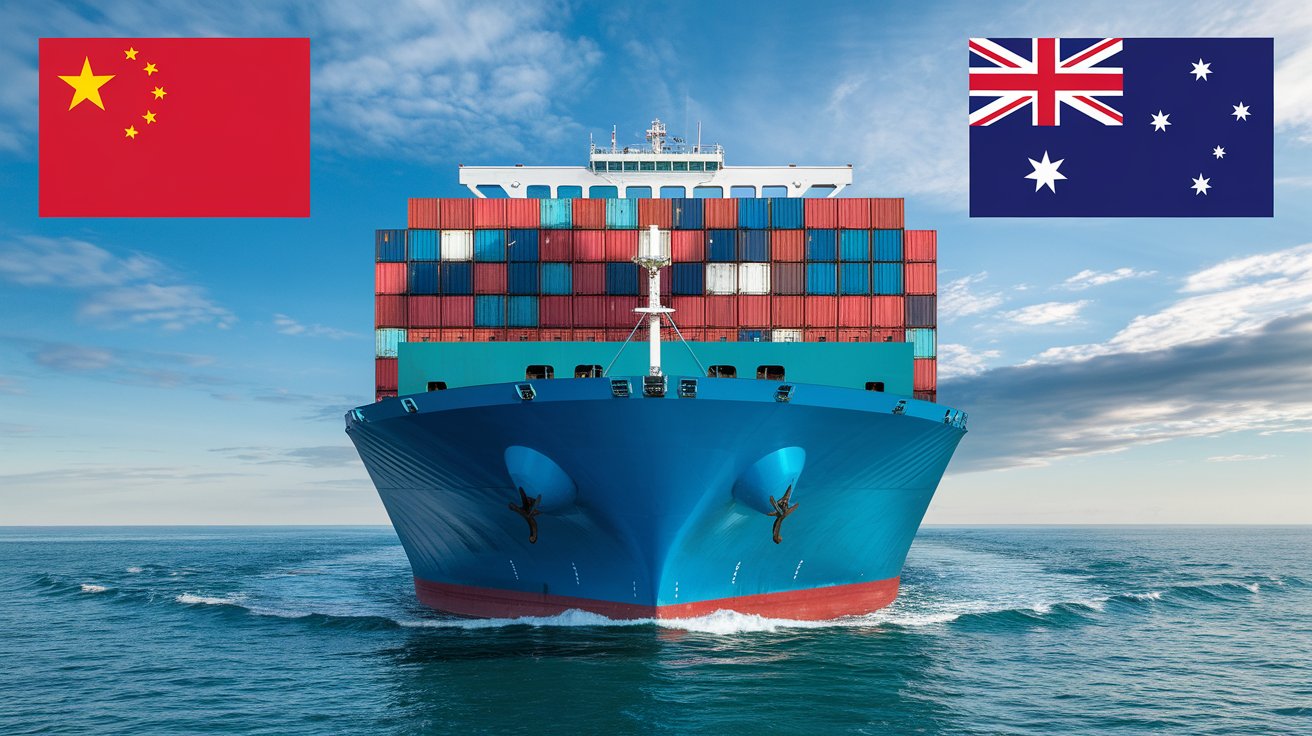
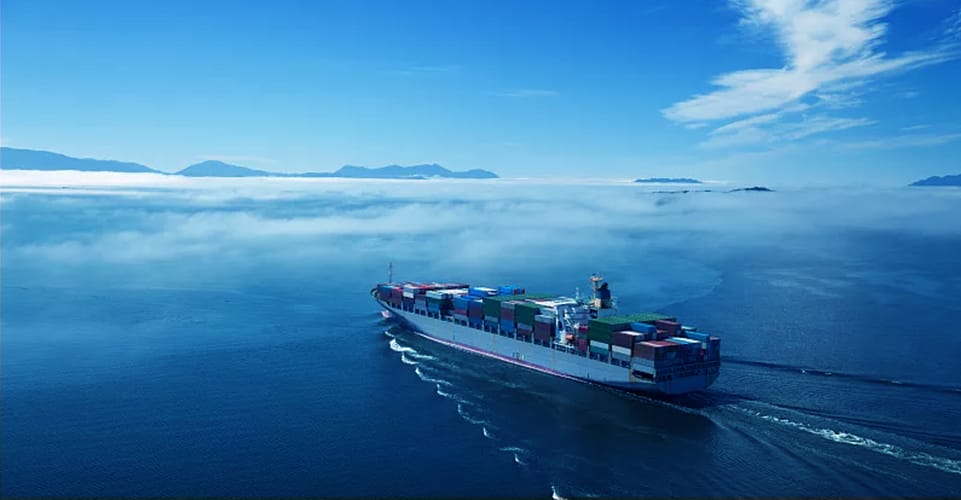
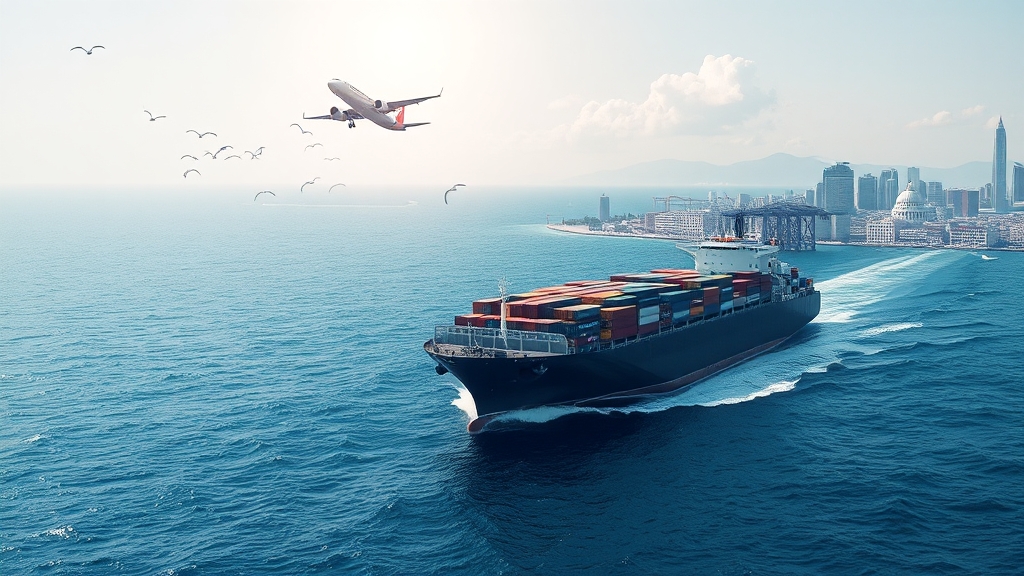





 Afrikaans
Afrikaans Shqip
Shqip አማርኛ
አማርኛ العربية
العربية Հայերեն
Հայերեն Azərbaycan dili
Azərbaycan dili Euskara
Euskara Беларуская мова
Беларуская мова বাংলা
বাংলা Bosanski
Bosanski Български
Български Català
Català Cebuano
Cebuano Chichewa
Chichewa 简体中文
简体中文 繁體中文
繁體中文 Corsu
Corsu Hrvatski
Hrvatski Čeština
Čeština Dansk
Dansk Nederlands
Nederlands English
English Esperanto
Esperanto Eesti
Eesti Filipino
Filipino Suomi
Suomi Français
Français Galego
Galego ქართული
ქართული Deutsch
Deutsch Ελληνικά
Ελληνικά Kreyol ayisyen
Kreyol ayisyen Harshen Hausa
Harshen Hausa Ōlelo Hawaiʻi
Ōlelo Hawaiʻi עִבְרִית
עִבְרִית हिन्दी
हिन्दी Hmong
Hmong Magyar
Magyar Íslenska
Íslenska Igbo
Igbo Bahasa Indonesia
Bahasa Indonesia Gaeilge
Gaeilge Italiano
Italiano 日本語
日本語 Basa Jawa
Basa Jawa ಕನ್ನಡ
ಕನ್ನಡ Қазақ тілі
Қазақ тілі ភាសាខ្មែរ
ភាសាខ្មែរ 한국어
한국어 كوردی
كوردی Кыргызча
Кыргызча ພາສາລາວ
ພາສາລາວ Latin
Latin Latviešu valoda
Latviešu valoda Lietuvių kalba
Lietuvių kalba Lëtzebuergesch
Lëtzebuergesch Македонски јазик
Македонски јазик Malagasy
Malagasy Bahasa Melayu
Bahasa Melayu മലയാളം
മലയാളം Maltese
Maltese Te Reo Māori
Te Reo Māori मराठी
मराठी Монгол
Монгол ဗမာစာ
ဗမာစာ नेपाली
नेपाली Norsk bokmål
Norsk bokmål پښتو
پښتو فارسی
فارسی Polski
Polski Português
Português ਪੰਜਾਬੀ
ਪੰਜਾਬੀ Română
Română Русский
Русский Samoan
Samoan Gàidhlig
Gàidhlig Српски језик
Српски језик Sesotho
Sesotho Shona
Shona سنڌي
سنڌي සිංහල
සිංහල Slovenčina
Slovenčina Slovenščina
Slovenščina Afsoomaali
Afsoomaali Español
Español Basa Sunda
Basa Sunda Kiswahili
Kiswahili Svenska
Svenska Тоҷикӣ
Тоҷикӣ தமிழ்
தமிழ் తెలుగు
తెలుగు ไทย
ไทย Türkçe
Türkçe Українська
Українська اردو
اردو O‘zbekcha
O‘zbekcha Tiếng Việt
Tiếng Việt Cymraeg
Cymraeg יידיש
יידיש Yorùbá
Yorùbá Zulu
Zulu